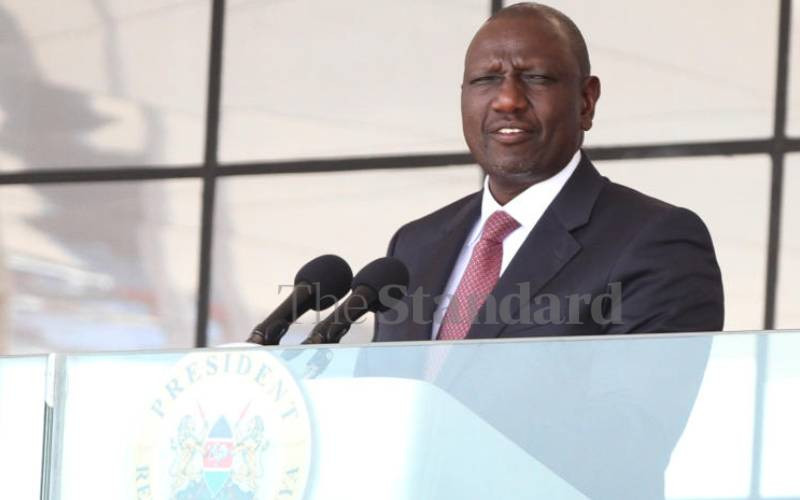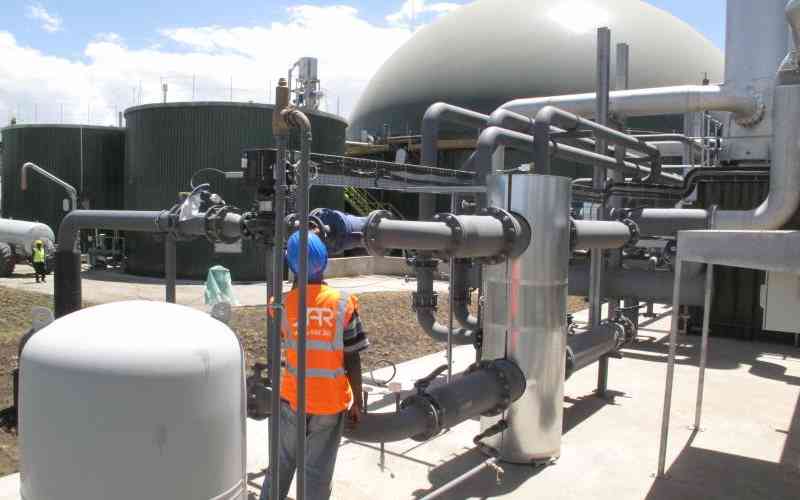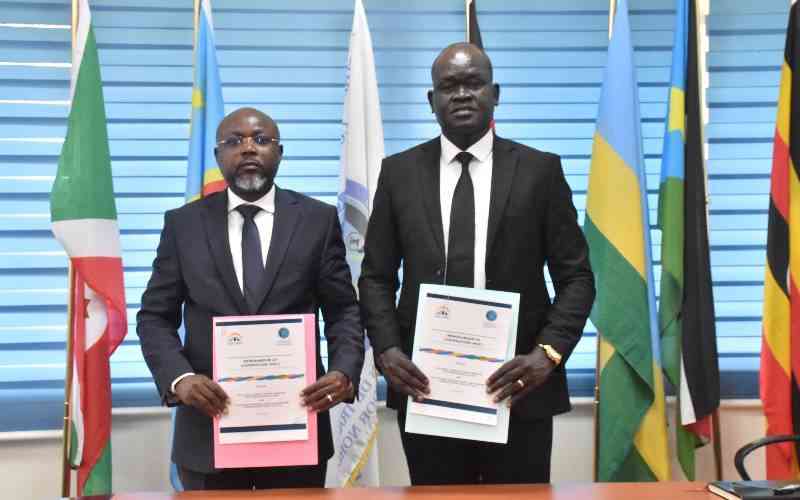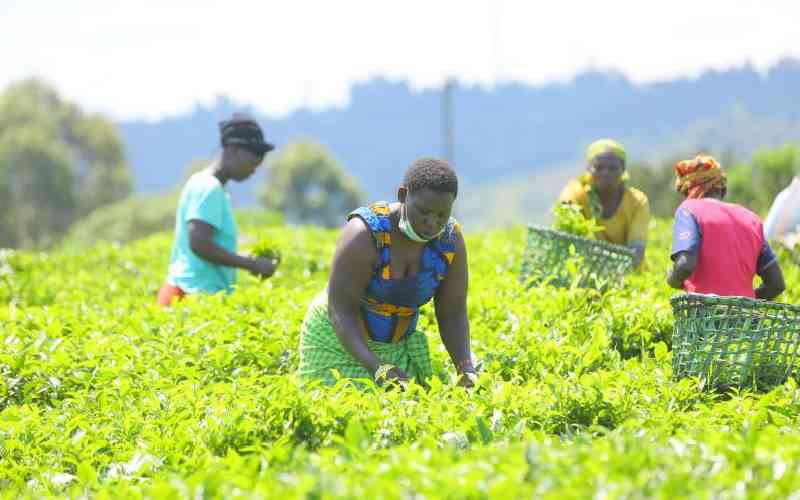×
The Standard e-Paper
Kenya’s Boldest Voice

President William Ruto wants Kenya Revenue Authority (KRA) to increase tax collection, up from Sh2 trillion in 2021/22 to Sh3 trillion by next year.
He urged the taxman to double the amount to Sh6 trillion by 2027.







